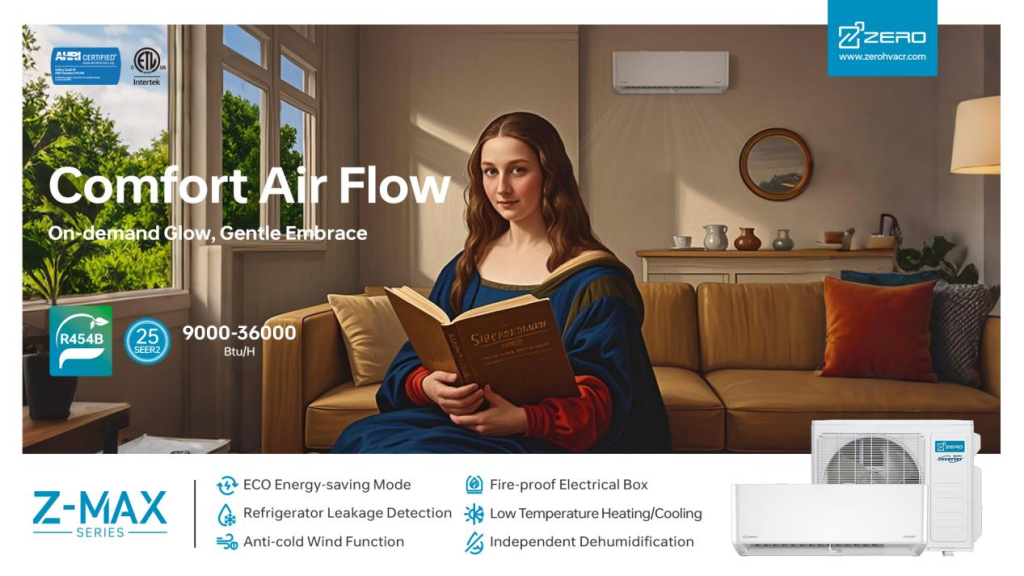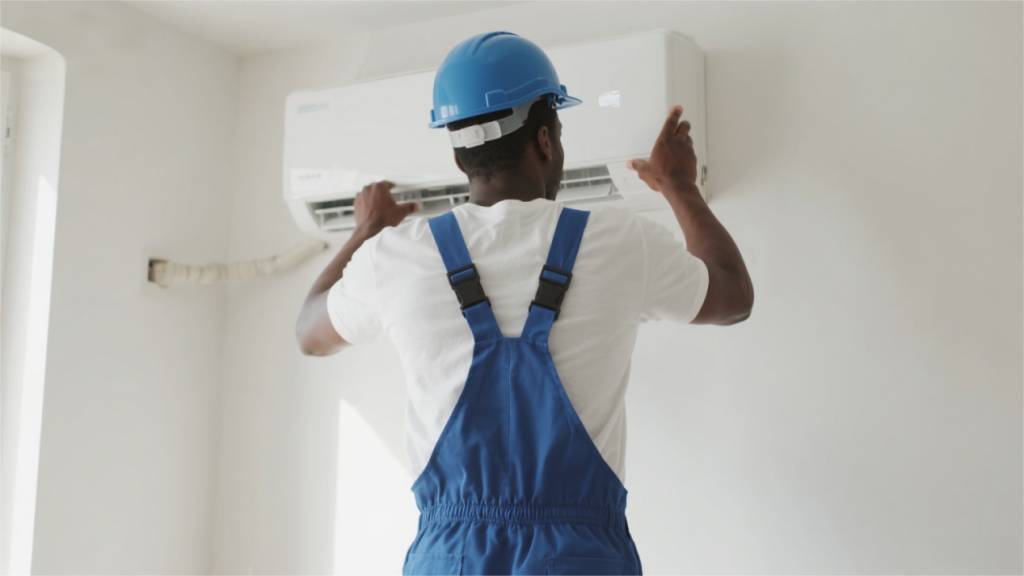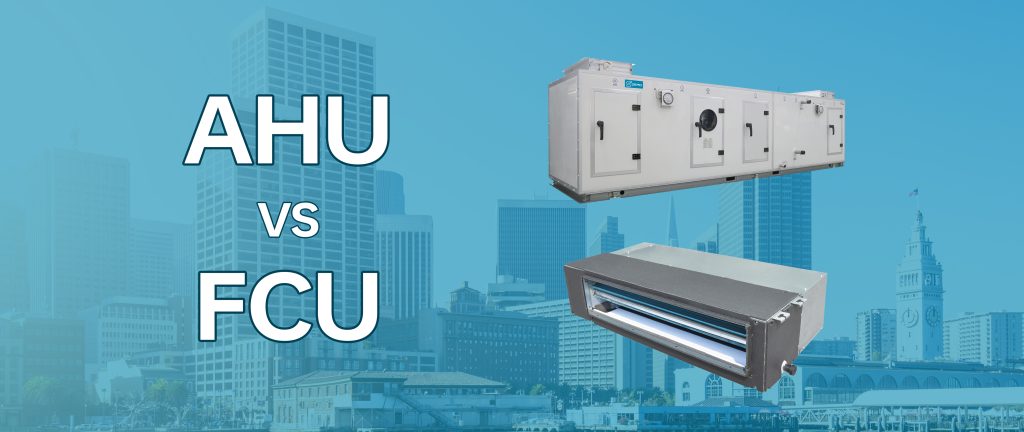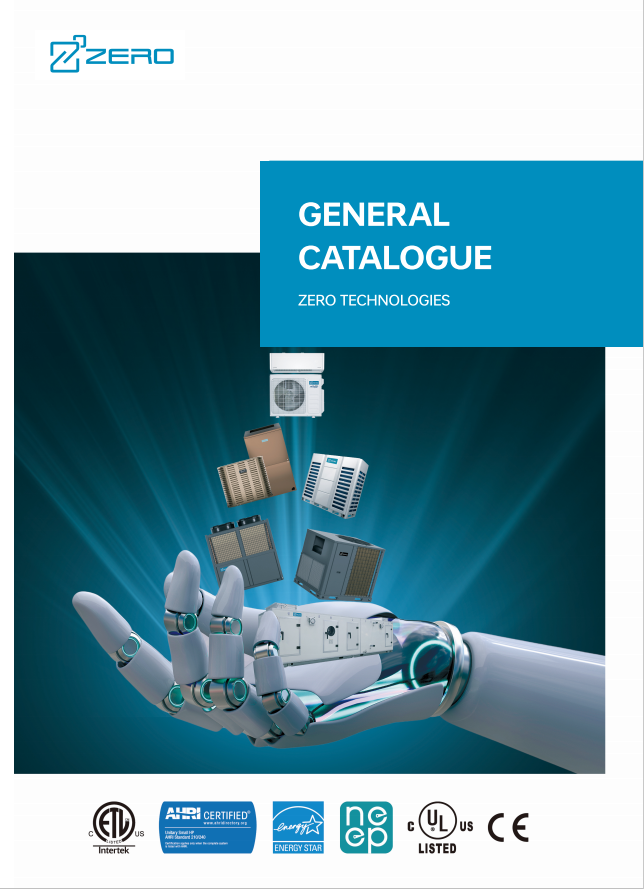As the global HVAC industry pivots toward energy efficiency and carbon reduction, inverter heat pump technology is leading the transition to smarter, cleaner, and more adaptive climate control solutions. Combining high-performance heating and cooling with precise modulation, inverter heat pumps are rapidly replacing traditional systems in residential, commercial, and even light industrial settings.
This article dives into the core advantages, operational mechanics, efficiency metrics, maintenance best practices, and long-term economic value of inverter heat pumps—offering a comprehensive guide for those seeking a future-proof HVAC investment.

What Is an Inverter Heat Pump?
An inverter heat pump is an electrically powered system that provides both heating and cooling by transferring heat between indoor and outdoor environments. Unlike conventional heat pumps that operate at fixed speeds (on/off), inverter models use variable-speed compressors to modulate output based on actual demand.
This continuous adjustment allows the system to maintain a more stable indoor temperature, reduce energy consumption, and minimize component stress—resulting in better performance and a longer lifespan.
Key Benefits of Inverter Heat Pumps
1. High Energy Efficiency
Inverter heat pumps can achieve a Seasonal Coefficient of Performance (SCOP) of up to 4.5 and a SEER (Seasonal Energy Efficiency Ratio) of 20 or more.
Compared to gas boilers or fixed-speed systems, they reduce annual energy use by 25–40%.
Reduced cycling leads to lower power draw and fewer energy spikes.
2. All-Season Comfort
Capable of operating efficiently in temperatures ranging from -20°C to 45°C.
Reversible operation enables year-round use: heating in winter, cooling in summer.
3. Noise Reduction
Variable-speed compressors operate at low RPMs most of the time.
Outdoor noise levels can be as low as 50 dB—ideal for residential areas or commercial rooftops.
4. Zoning & Smart Control
Supports multiple indoor units with independent zone temperature control.
Easily integrated with smart thermostats or BMS (Building Management Systems).
Maintenance Best Practices for Longevity
Proper maintenance is essential for preserving efficiency and preventing early degradation:A. Air Filters: Clean or replace every 2–3 months.
B. Coils & Fins: Inspect evaporator and condenser coils seasonally for dirt buildup.
C. Outdoor Unit: Keep clear of debris, leaves, and snow.
D. Annual Service: Have a certified technician inspect refrigerant levels, fan motors, and controls.
Well-maintained systems can outperform and outlast poorly maintained units by 20–30%.

Cost Considerations: Upfront vs. Long-Term Savings
Upfront Investment:
Inverter heat pumps typically cost $2,500–$4,500 per ton (installed), depending on brand, configuration, and features.
Operating Costs:
Average annual energy cost: ~$800 (for a 3-ton system in a temperate climate).
Lower repair frequency due to fewer on/off cycles and reduced mechanical strain.
Incentives:
Many regions offer tax credits (e.g., U.S. Inflation Reduction Act up to $2,000) or rebates for high-efficiency heat pump installations. Incentives often offset 10–30% of initial costs.
Why Choose Chinese Manufacturers Like ZERO Technologies?
China’s HVAC sector has rapidly advanced in the past decade, with manufacturers like ZERO Technologies offering globally competitive inverter heat pumps that meet or exceed international standards (such as CE, ETL, or ERP).
Key Strengths:
- In-house R&D + Smart Inverter Control Algorithms
- Rigorous Factory Testing – 100% unit testing before shipment
- Global Logistics & Tech Support – Fast lead times, remote diagnostics, spare parts supply
ZERO Technologies provides tailored inverter heat pump solutions for residential projects, villas, multi-family buildings, hotels, and light commercial applications.
Real-World Applications
Residential: Quiet, space-saving wall-mounted or floor-standing inverter heat pumps with Wi-Fi control.
Hospitality: Multi-zone VRF-style inverter heat pumps provide customized room-by-room comfort.
Retail & Office: Seamless integration with energy management systems for load balancing and peak shaving.

Final Take: Is an Inverter Heat Pump Worth It?
If you’re aiming to reduce your building’s energy footprint without compromising comfort, the answer is a resounding yes.
✅ Lower utility bills
✅ Improved indoor air quality
✅ Smaller carbon footprint
✅ Eligible for green building certifications (LEED, BREEAM)
And with modern supply chains and support from trusted manufacturers like ZERO Technologies, inverter heat pumps are now more affordable and reliable than ever.





